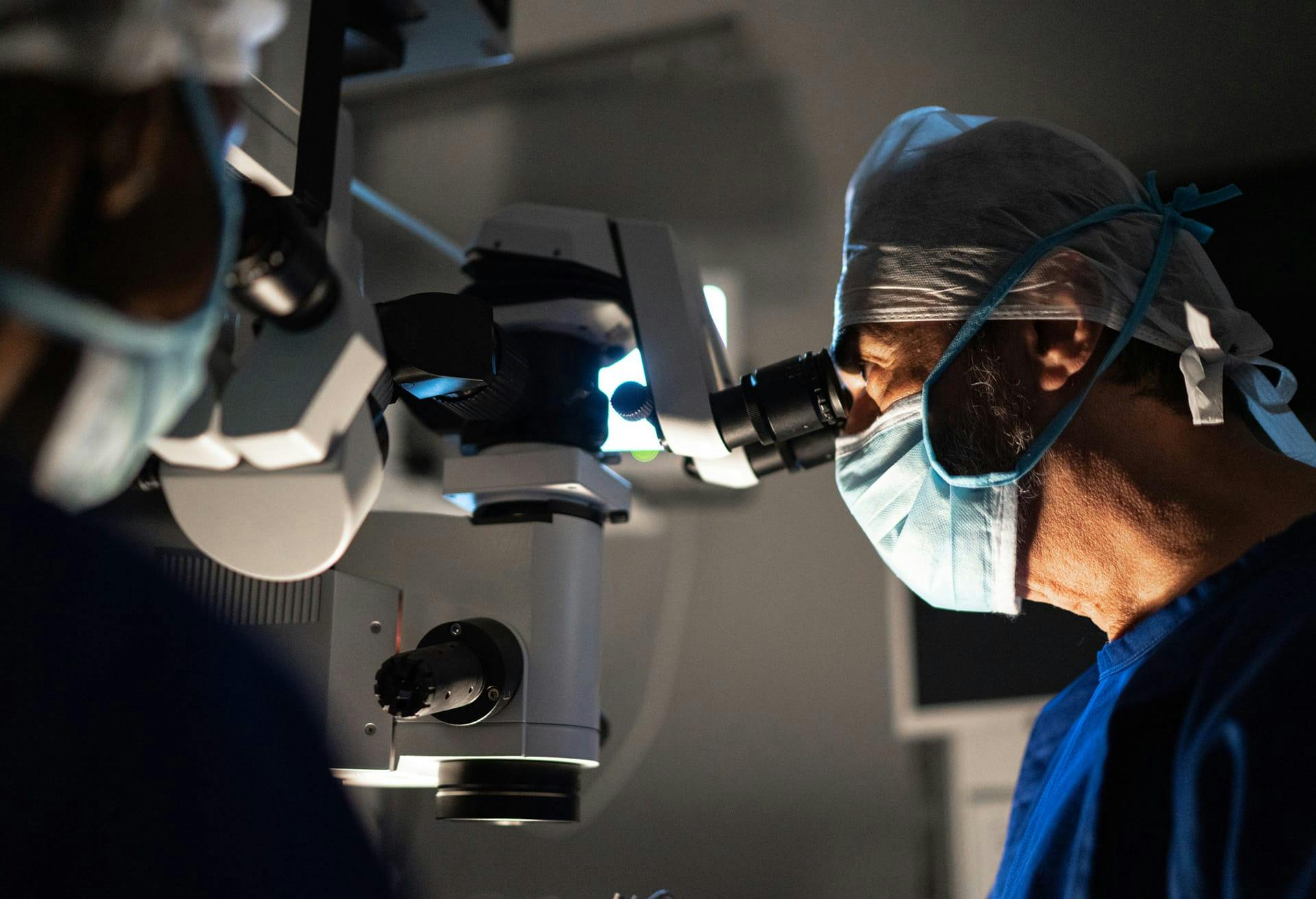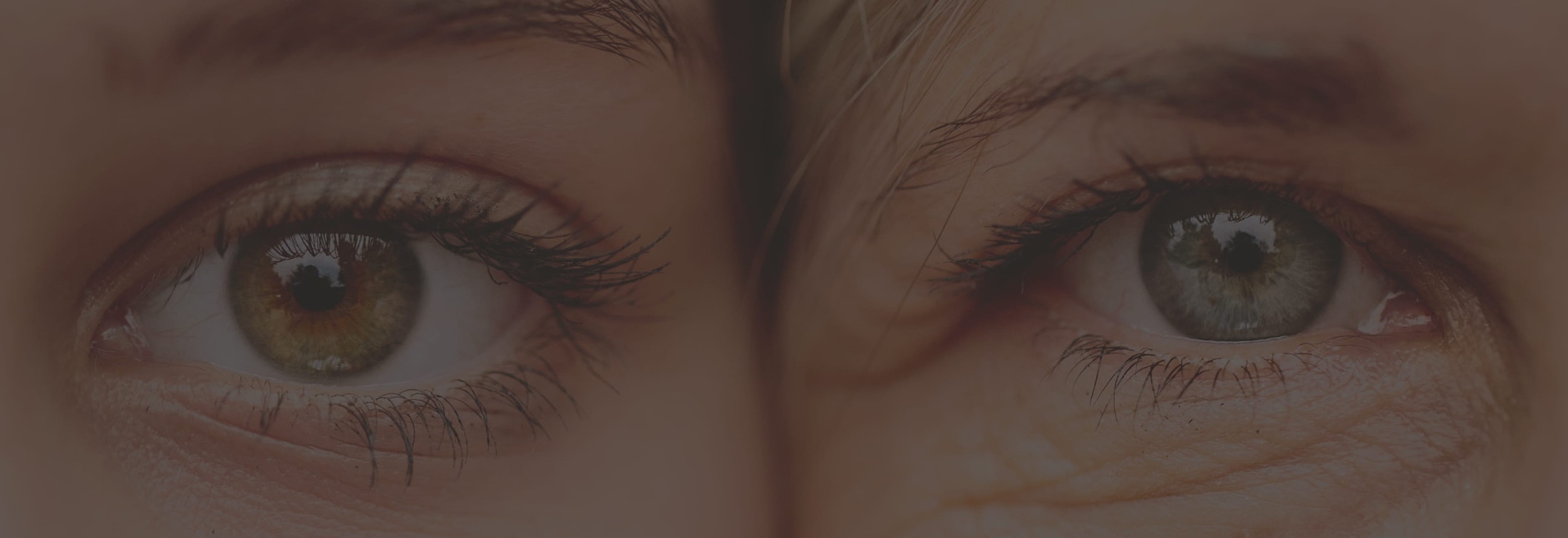At Chicago Cornea Consultants, we take the health of your eyes seriously. We offer a range of treatments to help you maintain the clear, dependable vision you deserve.
Conditions that can be detected with regular eye exams
- Undetected vision problems (myopia, presbyopia, astigmatism, keratoconus)
- Glaucoma and elevated eye pressure or abnormal (narrow) anterior chambers
- Cataracts
- Retinal tears or holes
- Macular degeneration
- Eye inflammation (uveitis)
- Dry eyes and blepharitis





